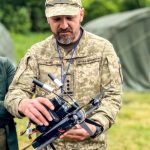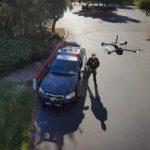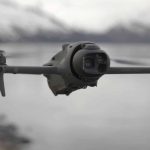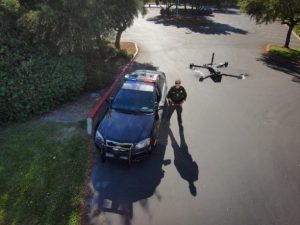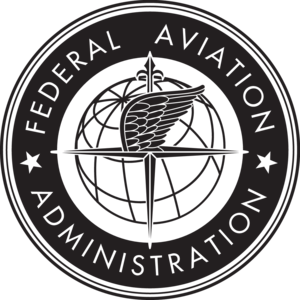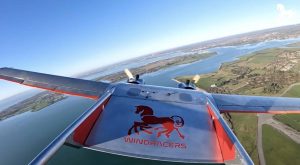Introduction to Bryan Bedford and the FAA
Bryan Bedford, the seasoned CEO of Republic Airways, has been proposed for the role of Administrator of the Federal Aviation Administration (FAA). He brings with him a wealth of experience in aviation and a strong dedication to safety, though his nomination has sparked both backing and critique within the industry.
Key Points About Bryan Bedford:
- Experience: With a career in aviation spanning decades, Bedford has been at the helm of Republic Airways since 1999.
- Safety Culture: He is acknowledged for cultivating a robust safety culture at Republic Airways.
- Nomination Controversy: His nomination has stirred discussion largely due to his past views on the 1,500-hour rule for pilot training, which has its proponents and critics.
Implications for Drone Regulations
While Bedford’s appointment is mainly related to airline operations, his FAA leadership might impact broader aviation policies, including those concerning drones. The FAA is pivotal in establishing standards for drone usage, ranging from recreational to commercial purposes.
Drone Regulations Overview:
- FAA Role: The FAA governs all aviation facets, including drone safety and regulation.
- Current Trends: The integration of drones into national airspace is a growing focus, likely to be influenced by FAA leadership.
How to Choose the Right Drone
Deciding on the appropriate drone involves several considerations, whether for leisure or professional use. Here are critical factors to keep in mind:
For Hobbyists:
- Price: Beginner drones can be acquired for as low as $100.
- Camera Quality: For those interested in capturing imagery, searching for drones with superior camera quality is advisable.
- Ease of Use: Opt for drones with beginner-friendly features like automatic stabilization.
For Professionals:
- Application: Drones can be utilized for varied tasks, such as aerial filming, surveying, or delivery services.
- Regulations: Ensure compliance with local drone usage laws, particularly for commercial endeavors.
- Maintenance: Routine upkeep is vital for maintaining drone performance and longevity.
Emerging Trends in Drone Technology
The drone sector is swiftly advancing, with technology improvements leading to drones that are more efficient, safer, and versatile.
FPV Drones:
- First-Person View: These drones offer a unique flying experience with a first-person perspective.
- Thrill and Skill: FPV drones are favored by enthusiasts for their speed and maneuverability, though they require skill to operate safely.
Business Applications:
- Aerial Photography: Drones are extensively used for high-quality aerial shooting.
- Inspection and Surveying: Equipped with sensors, they are adept at monitoring infrastructure, agriculture, or construction sites.
- Delivery Services: Companies are exploring drones for enhanced logistics and rapid delivery.
Legal Considerations for Drone Use
Awareness of legal regulations is crucial for safe and responsible drone use.
Drone License:
- Recreational Use: In many countries, no license is required for recreational drone use, but certain rules must be followed.
- Commercial Use: Commercial operations typically require a license and adherence to stricter regulations.
Airspace Regulations:
- No-Fly Zones: Areas like airports or national parks are generally off-limits to drones.
- Altitude Restrictions: Drones are typically limited to flying below a certain altitude for safe coexistence with manned aircraft.
Engaging with the Drone Community
Participating in online forums or attending drone events can offer valuable insights and networking opportunities.
Community Benefits:
- Tips and Advice: Gain knowledge from seasoned drone pilots and enthusiasts.
- New Technologies: Stay informed about the latest drone models and advancements.
- Regulation Updates: Keep up to date with changes in drone regulations and laws.
Conclusion
As the drone industry expands, understanding both the technology and regulatory environment is vital for enthusiasts and professionals. Whether interested in recreational flying or commercial applications, staying informed about trends and regulations can maximize your drone experience.
